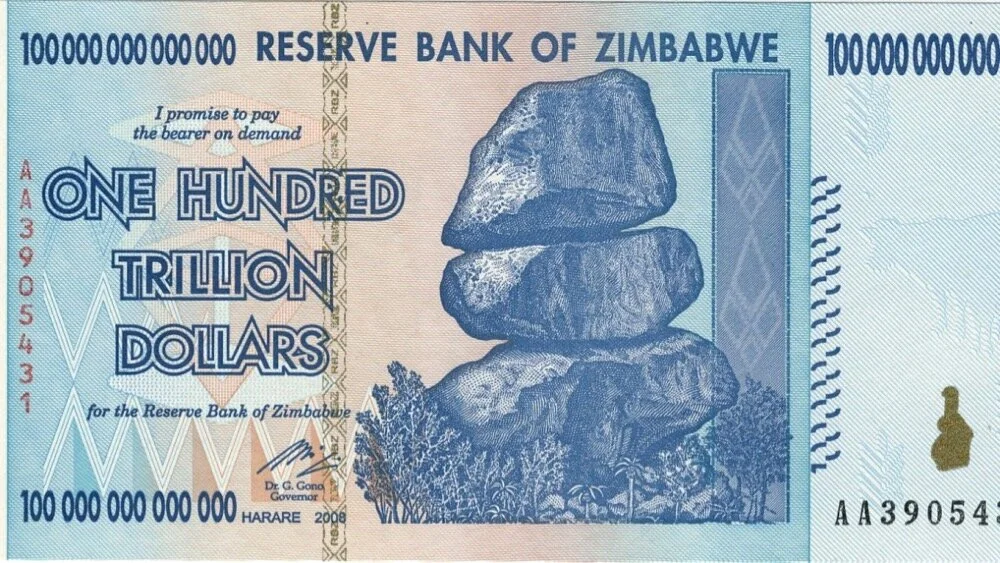Robert Mugabe, who had been a terrorist, became Prime Minister of Zimbabwe in 1980, and on December 30th, 1987, became the country’s President by pushing through a constitutional amendment. The new post made him head of state as well as head of government. He was also commander-in-chief of its armed forces, and could stay on indefinitely as President, and declare martial law and dissolve Parliament if the mood took him.
His policies were disastrous for his country. He favoured his own tribe and stirred up violence against others. He encouraged blacks to seize white-owned farms by violence. Many so seized ceased to produce, and food production declined, causing famines. The economy collapsed. By 2000, living standards were below those when he took office in 1980. Wages were down, and unemployment had rocketed; by 1998 it was almost 50 percent. And by 2009, most of the country’s skilled workforce, some 3-4 million citizens had voted with their feet and emigrated.
Mugabe’s re-election campaigns attracted worldwide derision and condemnation, marked as they were by fraud, ballot-rigging and violence. He was widely condemned for violating human rights and ordering summary execution of opponents. He formed a view that he was the victim of an international gay conspiracy, and pursued a violently anti-gay policy in his own country.
He will be remembered for hyperinflation on a Weimar scale, as well as for his abuse of power. He printed money on a massive scale to finance his activities. An accurate measure is difficult because his government ceased filing statistics at the height of inflation between 2008 and 2009, However, it was estimated that at its peak month it ran at 79.6 billion month on month, and for the year on year in November 2008, it peaked at 89.7 sextillion percent. Eventually the country could no longer afford the ink to print currency with. By then people were using the currency of other countries.
I was given a hundred trillion-dollar banknote which by then would probably not even buy a coffee. There were stories that notices in toilets forbade the use of banknotes instead of toilet paper (they were cheaper). It is an object lesson that never seems to be learned. In a straight line from Weimar through Zimbabwe to Venezuela, excessive printing of money has resulted in hyperinflation and brought savings and investment to a standstill. It is a small irony of history that the same firm that printed the Weimar banknotes also initially oversaw the printing of the Zimbabwe notes.
Adam Smith famously observed that:
“Little else is requisite to carry a state to the highest degree of opulence from the lowest barbarism, but peace, easy taxes, and a tolerable administration of justice.”
He might have added sound money as a further requirement. Zimbabwe under Mugabe had none of these, and its citizens paid the price.

